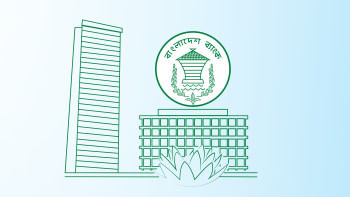Pakistan denies BBC report on Taliban links
Pakistan strongly denied a BBC report that alleged the Pakistani military, along with its intelligence arm, supplied and protected the Afghan Taliban and al-Qaeda on Thursday.
A number of middle-ranking Taliban commanders detailed what they said was extensive Pakistani support in interviews for a BBC documentary series, the first part of which was broadcast Wednesday.
Pakistan's Interior Minister Rehman Malik, on a visit to Britain, criticised the programme, telling a London news conference, "We are victims, victims of war and we have lost over 35,000 innocent people, including senior officers, policemen, and normal foot soldiers. I think doubting us is really heartbreaking. We have stood in the front line"
"We are facing daily these suicide bombers. If they had been trained by us, we should not be getting ourselves killed," he said.
The aired BBC documentary took interviews of a number of Taliban leaders who revealed the close ties with Pak intelligence, ISI. The documentary said that ISI provides safe haven for Taliban insurgents and aids them with weapon and training.
It also alleged that former Afghan intelligence head also told that Afghanistan gave former Pakistani president General Pervez Musharraf information in 2006 that Osama bin Laden was hiding in northern Pakistan, but the intelligence was not acted on. The al Qaeda leader was killed in the same area by the US special forces in May this year.
Denying the BBC documentary, spokesman for the Pakistani military Major General Athar Abbas told, "We consider that this report is highly biased, it is one-sided, it doesn't have the version of the side which is badly hit or affected by this report,"
One Taliban commander, Mullah Qaseem, told the BBC that Pakistan had played a significant role in providing supplies and a hiding place for Afghan Taliban fighters.
Abbas denied this, questioning Qaseem's credibility.
In September, Admiral Mike Mullen, then the top US military officer, accused Pakistani intelligence of backing violence against US targets including the US embassy in Kabul. He said the al Qaeda-linked Haqqani network, blamed for a September 13 embassy attack, was a "veritable arm" of the ISI.
Malik suggested the US Central Intelligence Agency and Britain's security service also had connections with the Haqqani group or other militants because they were hunting for intelligence and recruiting sources.

 For all latest news, follow The Daily Star's Google News channel.
For all latest news, follow The Daily Star's Google News channel. 



Comments